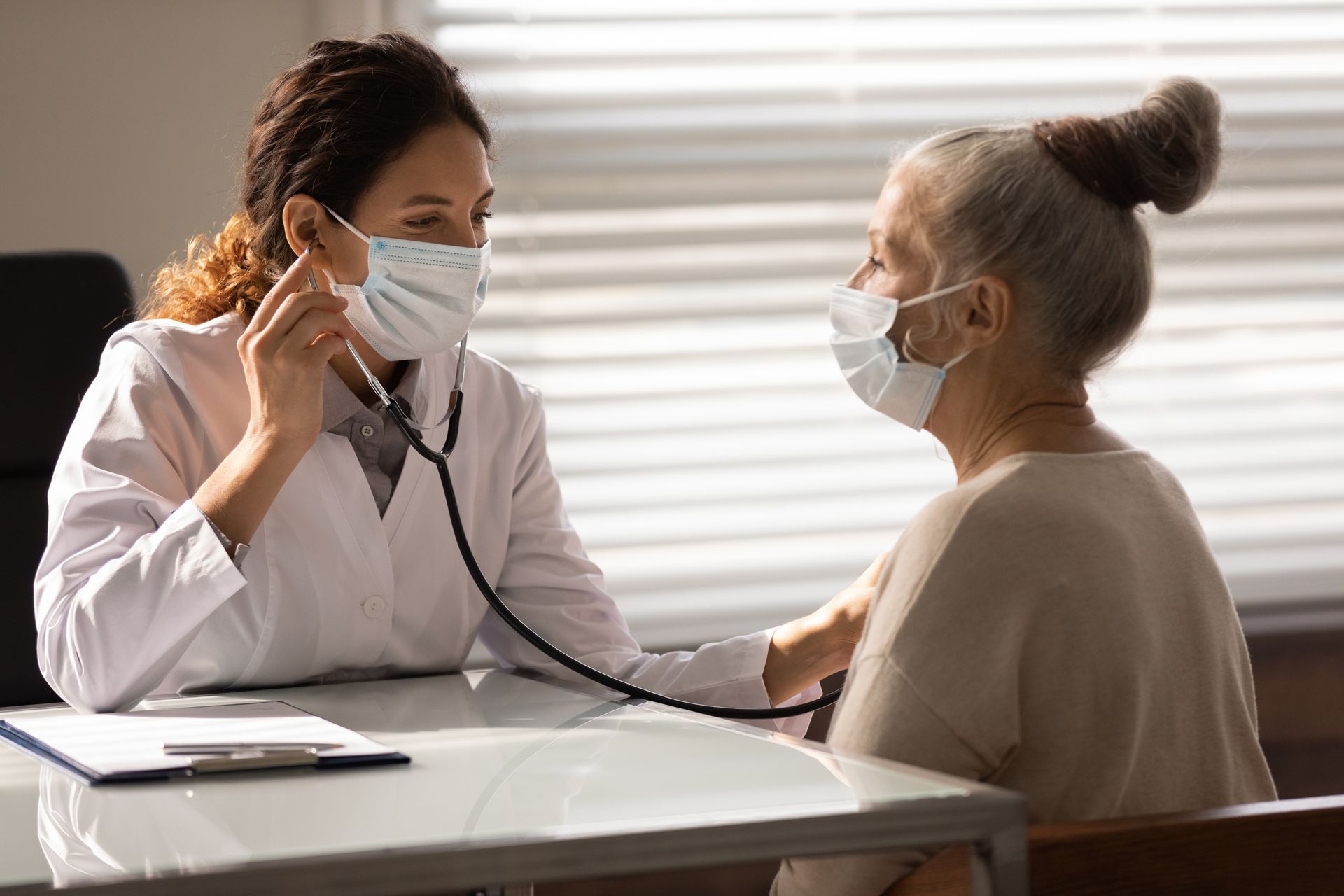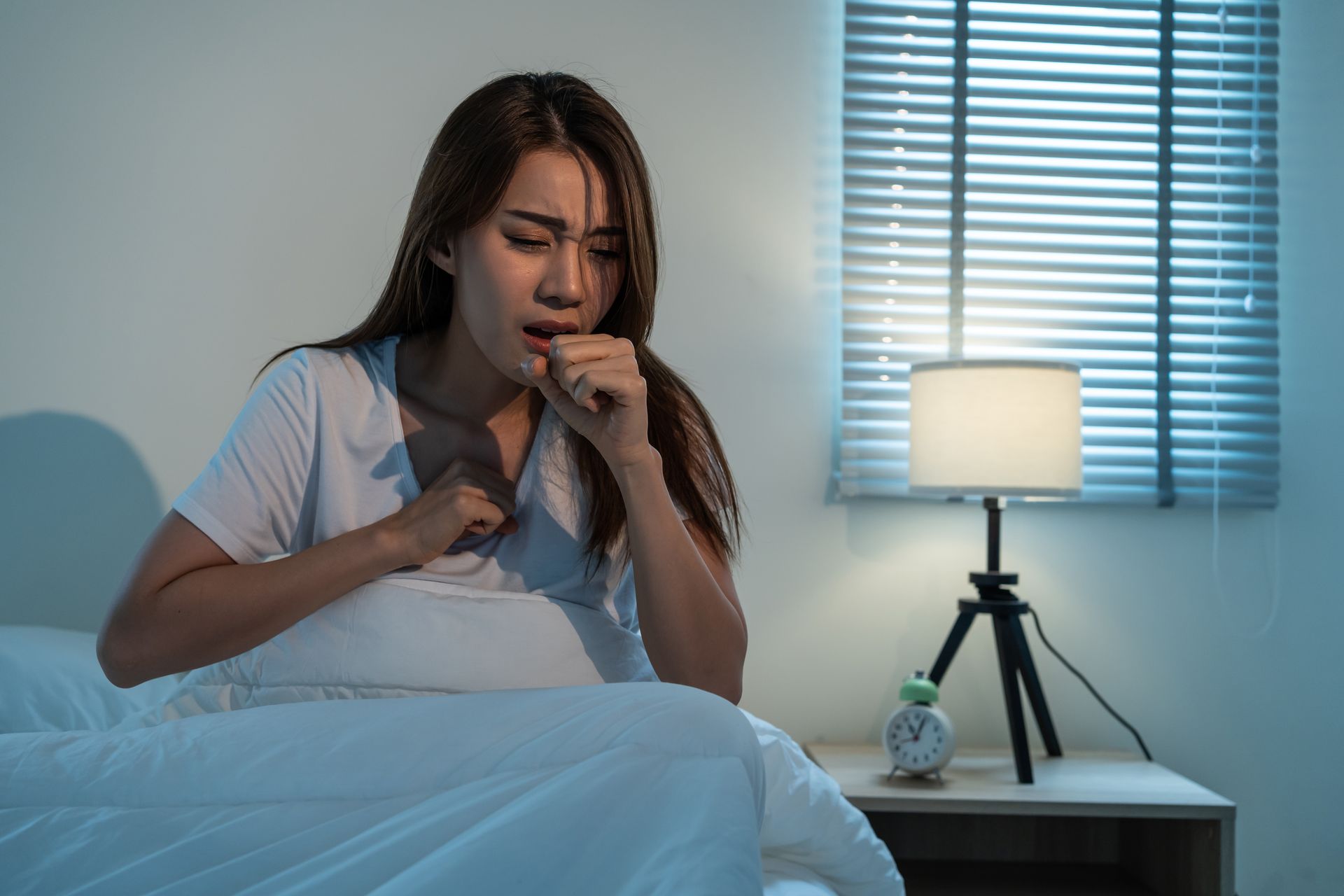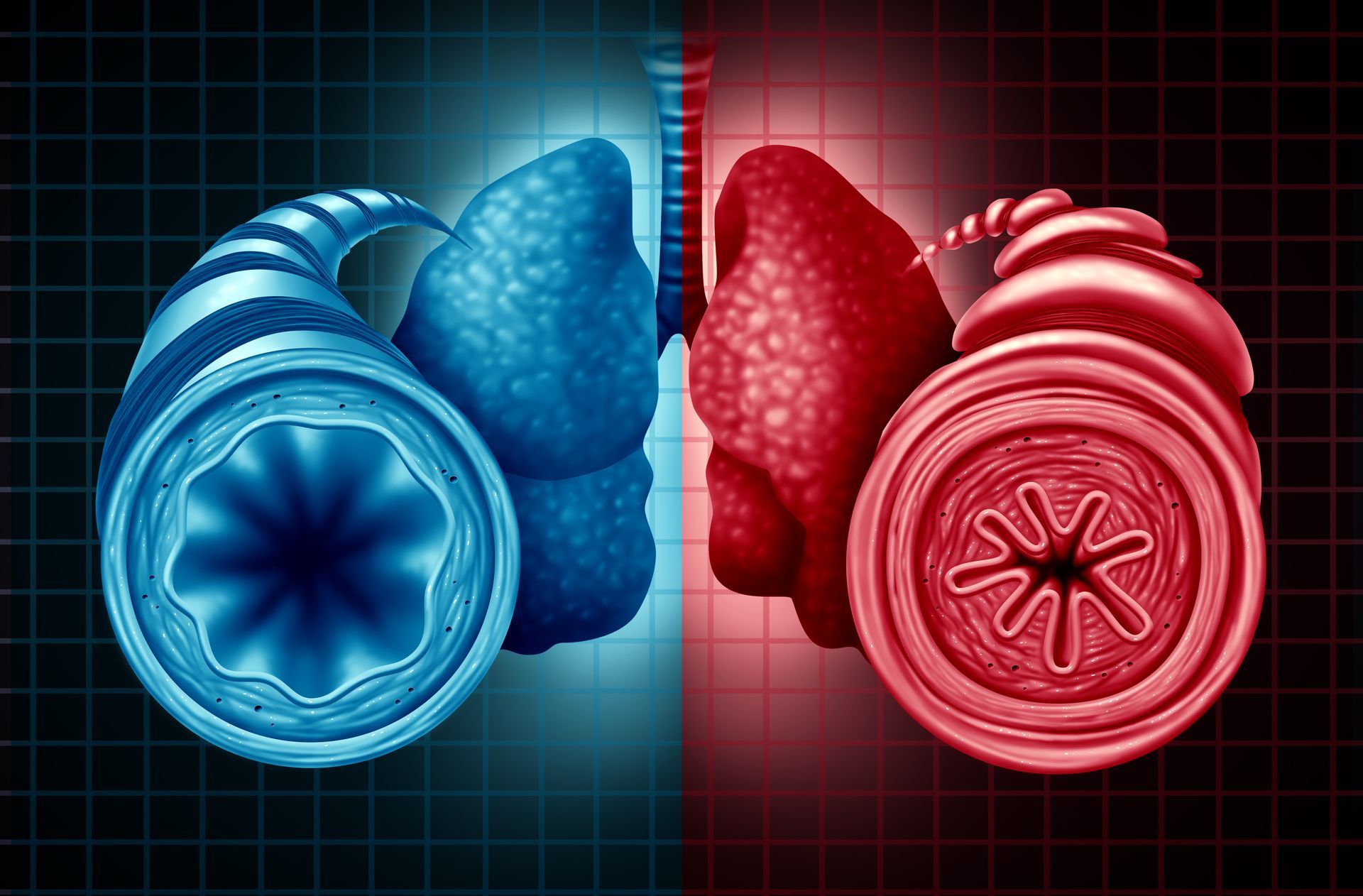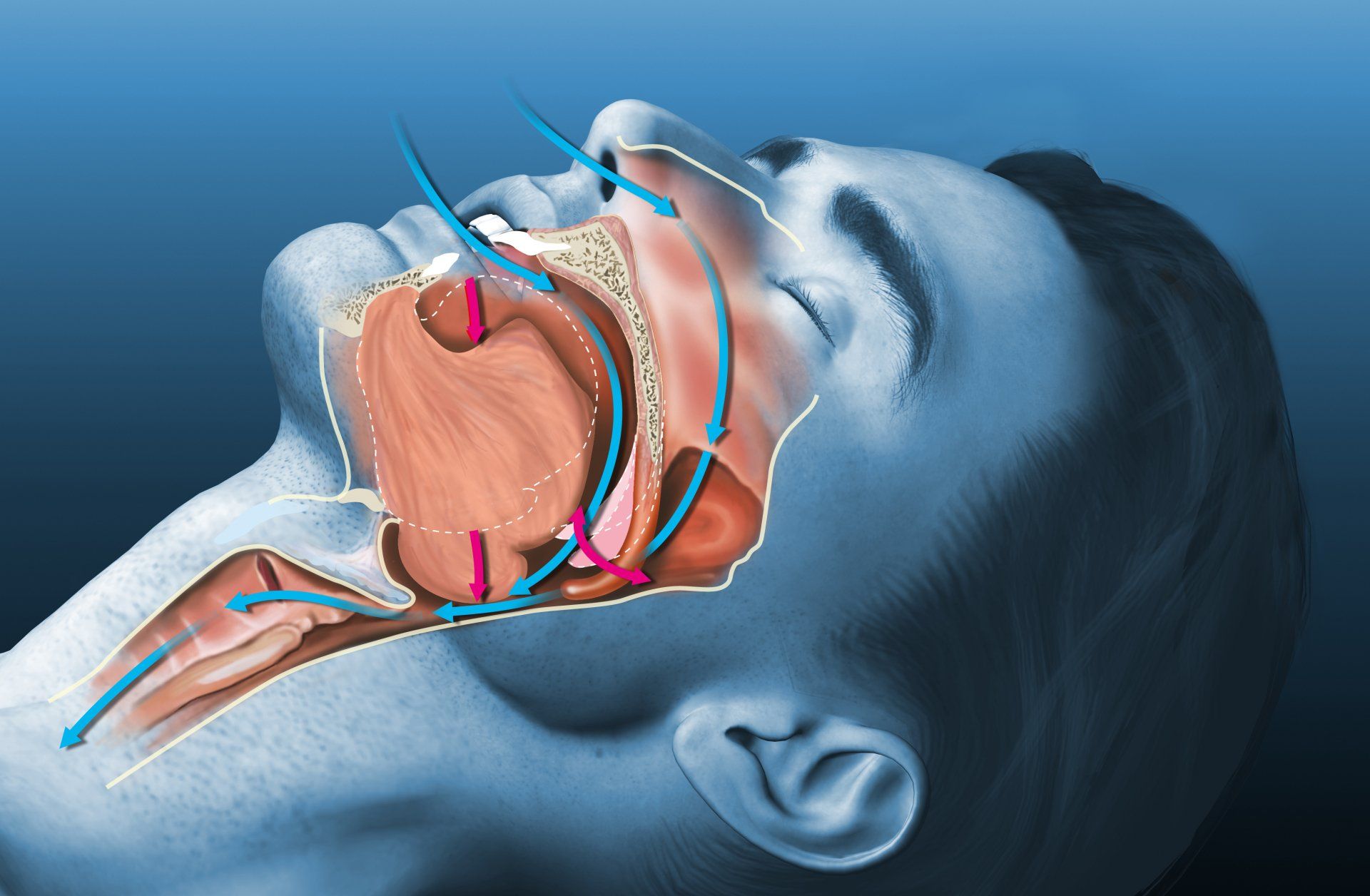When To See A Specialist For Persistent Cough Post Covid-19
Are you still feeling the symptoms of Covid-19 even after being tested negative? Most patients would experience persistent cough among other symptoms even after recovering, which is a condition known as long Covid.
If you're experiencing long Covid with a persistent cough that hasn't gone away, you should likely seek advice from doctors. Let's look at when you should consult a specialist if your cough persists post Covid-19.
Symptoms Of Covid-19
Covid-19 can present with a variety of symptoms, and some are more common than others. The most common symptoms:
● fever
● cough
● rhinitis (running nose, nasal congestion)
● tiredness
● loss of taste or smell
Less common effects include:
● sore throat
● headache
● aches and pains
● diarrhoea
● a rash on the skin, or discolouration of fingers or toes
● red or irritated eyes
The organ system most affected by Covid-19 is the respiratory tract. Sometimes, other organs such as the kidney, heart and brain can also be affected by Covid-19.
Due to its effect on the respiratory system, coughing may persist even after you have recovered from COVID-19. It was reported in 2021 by the National Centre for Infectious Diseases (NCID), Singapore, that one in 10 people have experienced post Covid symptoms for up to 6 months, and that includes:
● brain fog
● fatigue
● chest tightness or pain
● digestive issues
● persistent coughs
With this in mind, it's important to know why you may still have a persistent cough despite recovering from Covid-19, and what can be done about it.
When Cough Persists Post Covid-19
Coughing is a natural reflex for our body to clear the throat and airways of unwanted materials such as mucus or irritant particles. In response to these triggers, the nerve endings in the airways/lungs are stimulated and these signal the brain to produce coughing responses.
In Covid-19, the immune system responds by activating its defence system. This leads to inflammation in an attempt to eliminate the virus. Persistent coughs result from inflammation in the airways/lungs even after you have recovered from Covid-19. This is the basis for mechanisms leading to persistent coughs:
Inflamed upper airways
When fluids produced drip down the back of your throat and cause a "post-nasal drip", you will have the urge to "clear your throat", swallow or cough.
Affected lungs and lower airways
The swelling of lung tissue will trigger coughs as the body senses the presence of an irritant even if there is no fluid present; hence the cough will be dry.
Inflammation of neural pathways
When there is an inflammation lurking, the nervous system will be involved – either the brain or nerves; hence this type of cough is not primarily from the respiratory tissues, but is a reaction from the nervous system.
Tissue scarring
While this is not common, it is debilitating for the person experiencing it, especially for those who were first afflicted with severe COVID illness. Tissue scarring is the formation of fibrous tissue when normal tissue is destroyed by disease, injury, or surgery. A respiratory specialist has to diagnose and manage this lung tissue scarring, also known as interstitial lung disease.
When Should You See A Specialist For Persistent Cough After Covid-19
If your symptoms like persistent cough do not improve or has worsened despite simple cough medications, or they are limiting your quality of life after more than four weeks, you should consult a cough specialist in Singapore. On top of the cough symptoms, there may also be signs of a secondary bacterial infection that you need to look out for besides Covid-19, which are:
● change in the type of cough
● a change in the sputum/phlegm (visible blood)
● new symptoms developed (fevers, chest pain, racing heart or worsening breathlessness)
● significant weight loss
● night sweats
What To Expect When You Go To A Specialist
During a consultation, the specialist will take a record of your detailed history and examine you to get a diagnosis. Then, further investigations will be done to find out the cause of your persistent cough, including:
● radiologic imaging (chest X-rays, computerized tomography (CT) scan)
● lung function tests (spirometry, fractional exhaled nitric oxide measurements)
● blood investigations
From the investigation results, the lung specialist will be able to prescribe the appropriate treatment to manage the cough depending on the cause.
Tested negative for Covid-19 but still experiencing persistent coughs? Get specialist care at Respiratory Medical Associates
Respiratory Medical Associates is an established specialist group that is recognised as one of Singapore’s leading experts in the diagnosis and treatment of lung, sleep, and allergy disorders. These can range from persistent coughs, spots on the chest X-ray to lung infections such as bronchitis, pneumonia, and tuberculosis.
In addition, we also treat chronic disorders such as asthma, chronic obstructive pulmonary disease (a lung disease caused by smoking), lung fibrosis, obstructive sleep apnoea, as well as food and drug allergy. Enquire now at
https://www.respmed-associates.sg/















